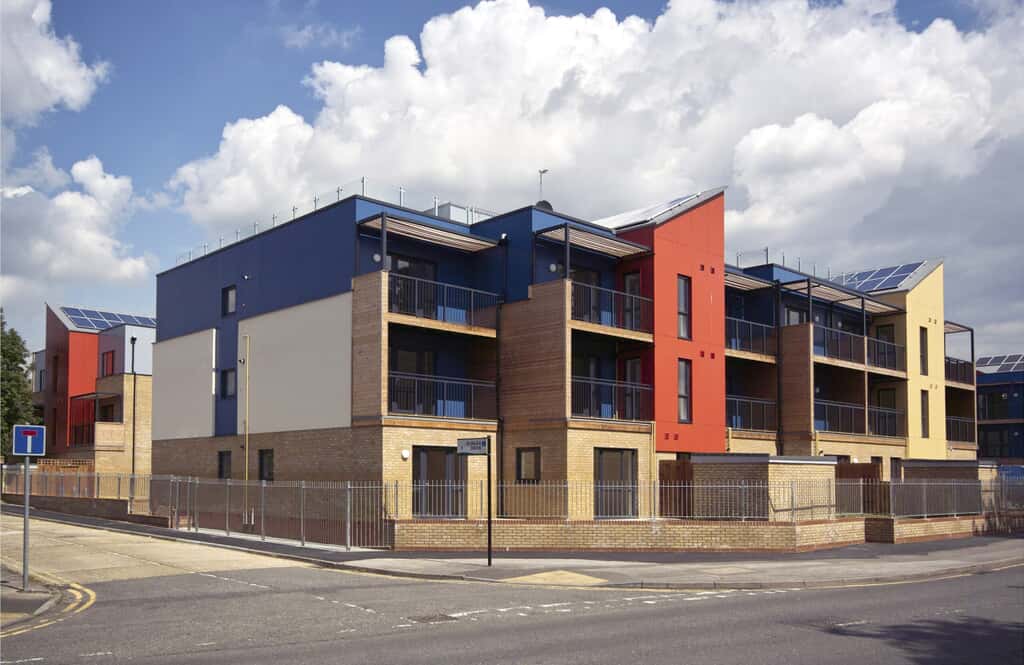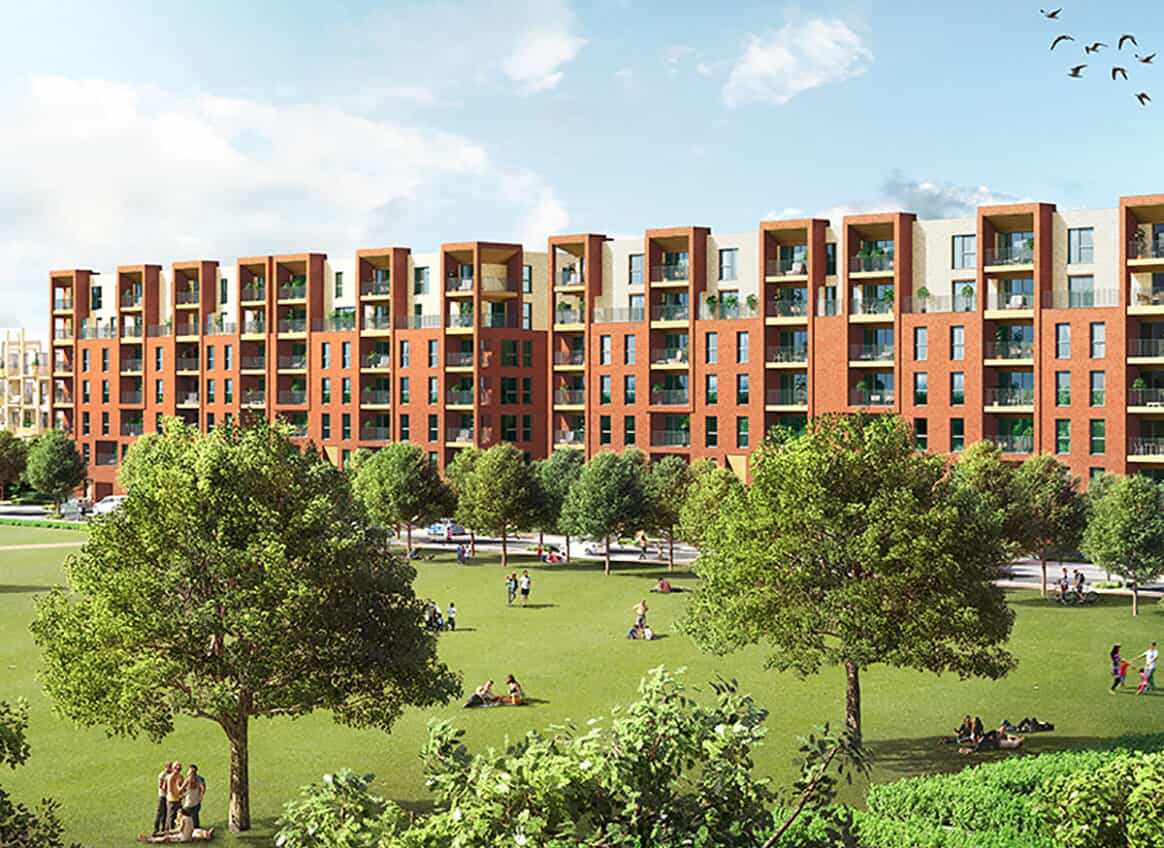COMMERCIAL EPC
Demonstrate energy performance ready for rental or sale of commercial premises


A Commercial EPC is required when a commercial building is offered for sale or lease.
An energy performance certificate (EPC) indicates the projected energy use and associated carbon emissions of a property, using ratings from A (very efficient) to G (inefficient).
A supplementary recommendation report also identifies how and where the property’s energy performance could be improved.
Primarily, this fulfils regulatory requirements. The process can also support a commercial landlord to charge a higher rental rate or get ahead of planned changes to the regulations.
Our Commercial EPC service supports landlords to evidence and improve how energy efficient a property is.
Regulatory requirements for Commercial EPCs
An EPC is required for all commercial properties being offered for sale or lease, under the Minimum Energy Efficiency Standards (MEES) regulations.
This covers any commercial building, ranging from shops and leisure facilities, to offices and factories. EPCs are then valid for 10 years. However, properties should be reassessed earlier, following any renovation works or installation of new services.
Preparing for updates to Commercial EPC minimum standards
Commercial premises must now achieve EPC rating of E or higher to be let or sold. This is expected to increase to D from 2025, and B from 2030.
Ahead of these updates, EPC assessments can help to identify where and how a property’s energy performance can be improved.
Increasing rental value of commercial properties
Additionally, a landlord or property manager may commission an assessment, typically following a refurbishment, in a bid to increase the rateable value of the building.


Our EPC assessment service
- Attend – Conducting a site survey of the existing building and verifying building services specification. Where building fabric information is unavailable, verifying assumptions based on the age and construction type of the property. Where plans are available, verifying these match the building being surveyed.
- Review – Undertaking a desktop assessment using SBEM methodology; reviewing the property type, size, age and construction materials, and lighting, heating, air conditioning or mechanical ventilation systems as well as any renewable technologies.
- Advise – Producing a recommendations report, where required or requested, advising on how Minimum Energy Efficiency Standards (MEES) can be met or further improved upon.
NB: Where the EPC rating falls in the bottom categories (F or G), we offer advice and solutions to increase the rating to a higher band, allowing for improvements to be made ahead of the report being finalised.
- Report – Issuing the EPC. Uploading information to the gov.uk database, where required


Assess and evidence your commercial energy performance.
Contact our team today for support securing a Commercial EPC.
